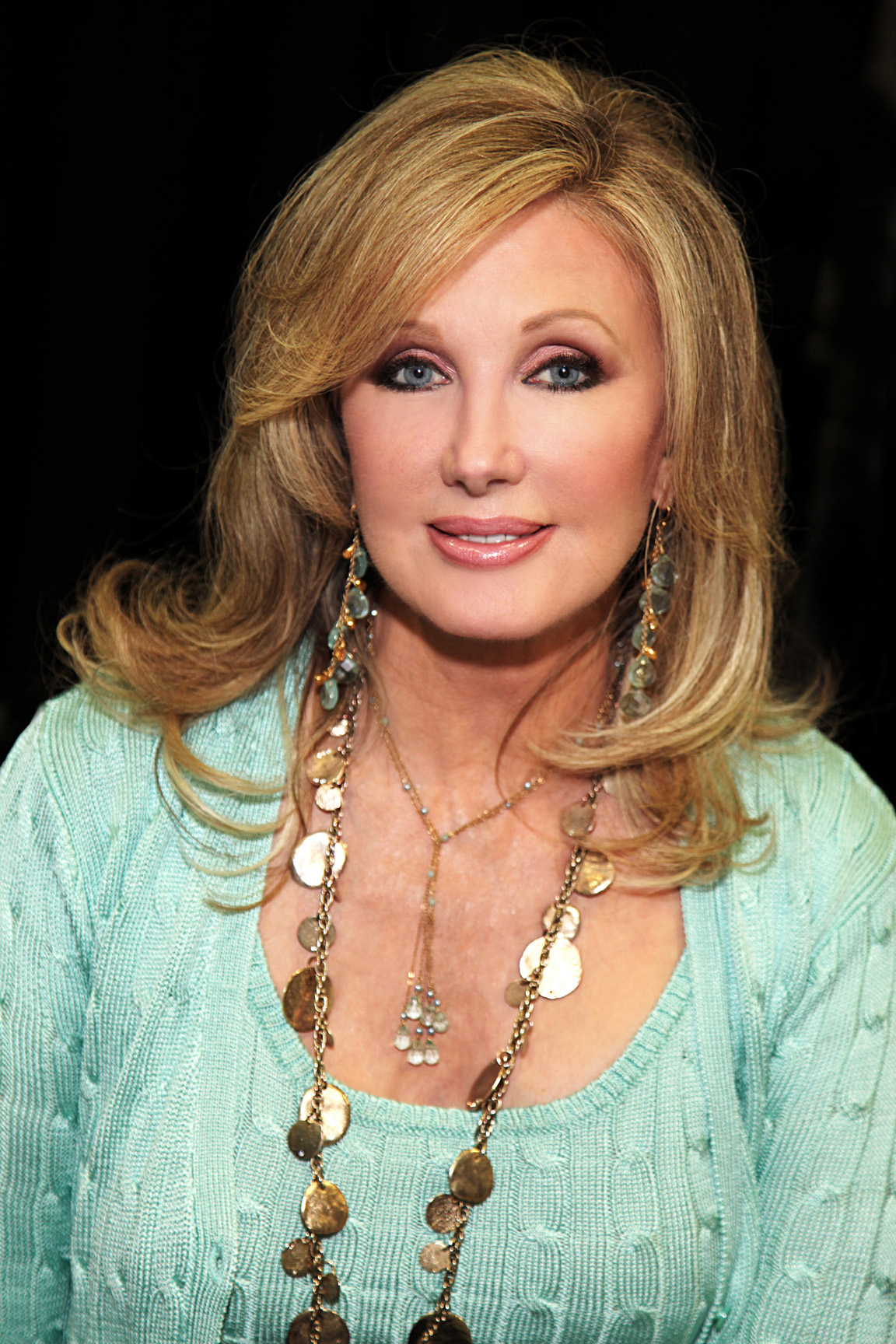Naomi Campbell
Explore the remarkable timeline of Naomi Campbell, one of the most iconic supermodels of all time. From her debut in the modeling industry in the late 1980s to her influential role in fashion today, discover key milestones, achievements, and pivotal moments in Naomi Campbell's illustrious career and life.
Birth of Naomi Campbell
Naomi Elaine Campbell was born on May 22, 1970, in Streatham, South London, England. She is the daughter of Valerie Morris, a Jamaican-born dancer. Campbell became one of the most recognizable and in-demand models of the late 1980s and the 1990s and was one of six models of her generation declared supermodels by the fashion industry. Campbell is of Jamaican descent and never met her father, who abandoned her mother when she was four months pregnant and unnamed on her birth certificate.
Naomi Campbell's Career Breakthrough
Naomi Campbell's career in the fashion industry began when she was spotted by Beth Boldt, the head of the Synchro Model Agency, while she was shopping in Covent Garden in 1986. At the age of 16, she was the first black model to appear on the cover of British Elle. This marked her entrance into the world of international modeling, leading her to become one of the most iconic figures in fashion history, known for her versatility, beauty, and influence in the world of high fashion modeling.
First Black Model on Vogue Paris Cover
In August 1988, Naomi Campbell made history by becoming the first black model to appear on the cover of Vogue Paris. This was a groundbreaking moment in the fashion industry, as Vogue Paris is one of the most prestigious fashion magazines in the world. Her appearance on the cover highlighted her status as a leading figure in fashion and broke barriers for models of color in the industry. Campbell has spoken about the discrimination she faced as a black model and how this cover was a significant achievement for diversity.
Supermodel Trinity Formation
In August 1989, Naomi Campbell joined Christy Turlington and Linda Evangelista to create what was known in the fashion industry as the 'Trinity' of supermodels. The trio became household names and were known not only for their modeling work but also for their close friendship. They often appeared together in campaigns and on covers, setting the standard for the supermodel phenomenon of the late 1980s and early 1990s by embodying the glamor and excess of the fashion industry during that era.
Naomi Campbell Releases Album 'Baby Woman'
On January 1, 1991, Naomi Campbell ventured into the music industry, releasing her debut album titled 'Baby Woman'. While not as commercially successful as her modeling career, the album has achieved a sort of cult status over the years. Her hit single 'Love and Tears' was well-received in Japan, turning Campbell into a pop culture figure beyond fashion. This move showcased her diverse talents and ambition to explore various facets of the entertainment industry, notwithstanding mixed critical reception.
Sexual Harassment Lawsuit Against Elite Models
In October 1993, Naomi Campbell, alongside other prominent models, filed a sexual harassment lawsuit against Elite Model Management, an incident that spotlighted predatory practices in the modeling industry. This legal action was one of the first of its kind and presented challenges faced by women in the fashion world regarding power dynamics and misconduct. The case drew attention to the plight of models and highlighted the need for industry reforms. It marked a significant moment in the push for greater protection and rights for models.
Naomi Campbell's Fashion for Relief Foundation
Naomi Campbell founded Fashion for Relief in 1999, a charitable organization that has raised funds in awareness for various causes such as the fight against Ebola, natural disaster victims, and child refugee awareness. Fashion for Relief uses fashion and art to benefit humanitarian and environmental causes and draws attention worldwide by organizing extravagant runway shows featuring celebrities and industry luminaries, effectively using the high-profile nature of fashion to fight global issues.
Naomi Campbell Testifies at War Crimes Trial
In February 2005, Naomi Campbell testified during a war crimes trial at the International Criminal Court in The Hague. She was called as a witness during the trial of former Liberian President Charles Taylor to testify about a so-called 'blood diamond' she had allegedly received from him. Her testimony was widely covered by media outlets worldwide and brought attention to the complicated relationships between fashion, celebrity, and conflict areas, sparking discussions on ethical responsibilities in accepting gifts in international contexts.
H&M Racism Controversy Involvement
Naomi Campbell became involved in a public controversy with H&M over a racially insensitive advertisement published by the retailer in July 2017. As an advocate for diversity and representation, Campbell publicly condemned the faux pas and called for greater sensitivity and awareness in fashion advertising. This incident underscored ongoing discussions about racial representation and inclusion, with Campbell using her platform to push for more responsible marketing and accountability in the fashion industry.
Global Citizen Award for Philanthropy
On May 31, 2020, Naomi Campbell received the Global Citizen Award for her extensive philanthropic work, notably through her organization, Fashion for Relief. This award recognized her dedication to humanitarian causes and her influence in using fashion as a vehicle for global change. The accolade highlighted her efforts to bridge the gap between entertainment and activism, cementing her reputation as a supermodel who has continually committed herself to social issues and global community support over her decades-spanning career.
Frequently asked questions about Naomi Campbell
Discover commonly asked questions regarding Naomi Campbell. If there are any questions we may have overlooked, please let us know.
What are some significant milestones in Naomi Campbell's modeling career?
When did Naomi Campbell begin her modeling career?
When was Naomi Campbell born?
Has Naomi Campbell been involved in any philanthropic activities?
Related timelines
More timelines connected to Naomi Campbell







